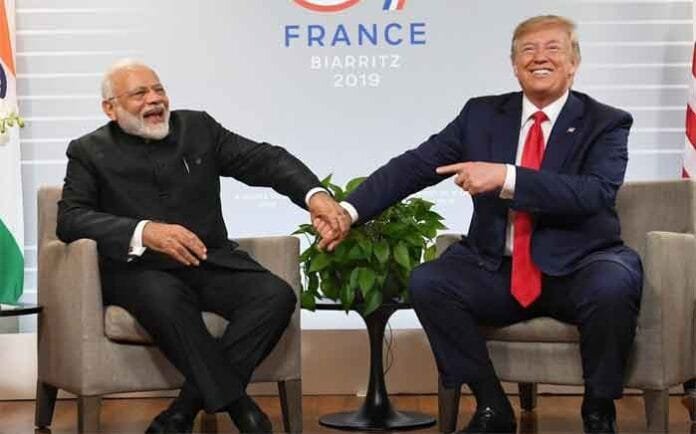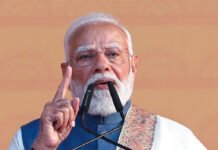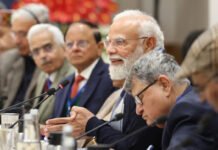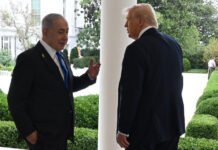US President Donald Trump has announced a 26% reciprocal tariff on Indian imports, calling it a “difficult decision.” This move is part of a broader effort to counter what he describes as unfair trade practices by America’s trading partners. The tariffs also extend to other nations, including a 49% duty on Cambodian goods and 34% on Chinese imports. While Trump emphasized his friendship with Indian Prime Minister Narendra Modi, he made it clear that trade imbalances had to be addressed.
The Broader Tariff Strategy
At the Make America Wealthy Again event, Trump criticized India’s trade policies, citing high tariffs imposed on American goods. According to him, India charges 52% duty on US products, while the US imposes significantly lower tariffs in return. Other countries targeted in this tariff crackdown include:
- Vietnam: 46%
- Switzerland: 31%
- Taiwan: 32%
- Japan: 24%
- Britain: 10%
- Brazil: 10%
- Indonesia: 32%
- Singapore: 10%
- South Africa: 30%
- Auto imports: 25% (effective April 3)
- Auto parts: 25% (effective May 3)
Trump’s Justification: Protecting American Industry
Trump declared the tariffs as a step toward “economic independence” and “reclaiming America’s destiny.” He framed the trade deficit as a national emergency, stating that previous leaders allowed other nations to take advantage of American workers. The move is positioned as a revival of the US industrial base, particularly in sectors like steel, automobiles, and manufacturing.
India’s Perspective: A Balancing Act
India, traditionally known for its high import duties, now finds itself in a complex trade dynamic. While PM Modi and Trump have shared positive diplomatic relations, this tariff hike could strain economic ties. India exports a significant volume of goods to the US, particularly in the tech, pharmaceutical, and textile sectors. A 26% tariff could make Indian goods less competitive in the American market, impacting businesses and exporters.
Global Trade Reactions
Trump’s tariffs signal a potential escalation in global trade tensions. Countries like China and Vietnam, already hit with heavy tariffs, might retaliate, further disrupting global supply chains. Additionally, these measures could trigger WTO disputes and push nations to seek alternative trade alliances, potentially reshaping global commerce.
The Road Ahead
With US elections on the horizon, Trump’s tariffs may be both an economic and political move. While they resonate with domestic workers and industries, they also risk alienating trade partners. For India, the challenge will be balancing diplomacy with economic interests, ensuring that trade relations with the US remain stable despite these new barriers.
As these policies take effect, the real question remains: Will these tariffs genuinely boost American industry, or will they trigger a new wave of trade conflicts? Only time will tell.
















